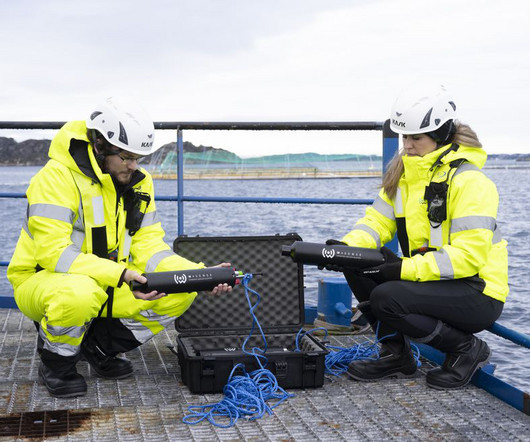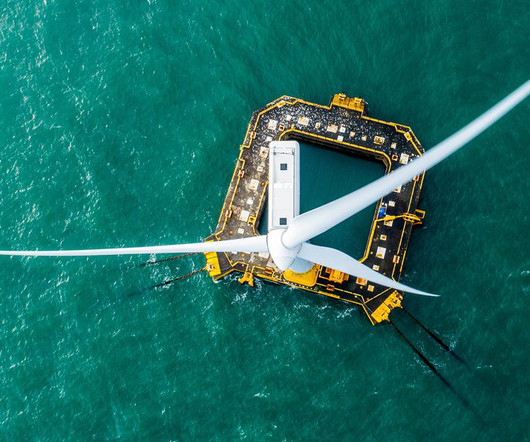UK Government approves Statoil’s US$7B development of North Sea Mariner heavy oil field
Green Car Congress
FEBRUARY 15, 2013
The UK government’s Department of Energy and Climate Change (DECC) approved the field development plan put forward by Statoil and its co-venturers for the Mariner heavy oil field. Statoil expects to start production from Mariner in 2017, and the field is expected to produce for 30 years. North Sea oil and gas is a vital asset.


















Let's personalize your content